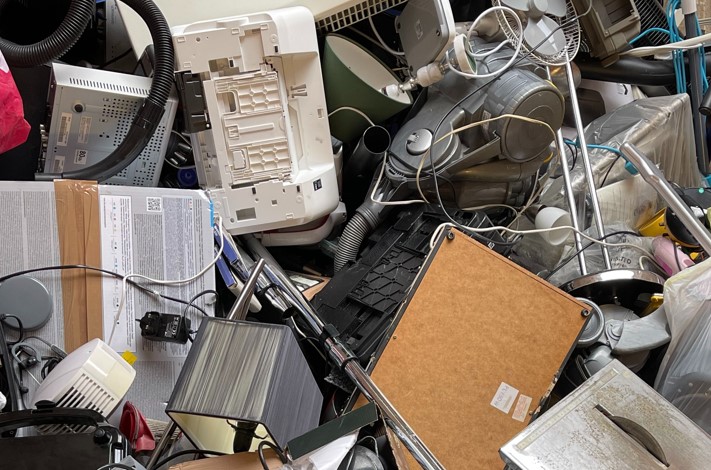Repair instead of throw away. It may seem obvious, but it is not. The European Parliament voted in favor of strengthening the right to repair. With 590 votes in favor, 15 against, and 15 abstentions, this paved the way for a substantial change in the way we deal with the maintenance of electronic devices.
Following the yes vote of the Committee on the Internal Market and Consumer Protection (Imco), this further step sets the stage for a revolution in the consumption and handling of technology products.
Table of Contents
Repair instead of replacement, new regulations for sellers and manufacturers
The new standards, currently in the legislative process, are designed to make the process of repairing and reusing products such as smartphones, tablets, PCs, home appliances, and e-bikes simpler and more beneficial.
One of the most innovative proposals is the introduction of a free replacement device, provided by manufacturers while the good is being repaired. This measure not only makes life easier for consumers, but also actively encourages the option of repair instead of replacement.
At the heart of these new provisions is an obligation for sellers to prioritize repair during the legal warranty period if it is more convenient or equivalent in cost to replacement of the product. In addition, it is proposed to extend the warranty by one year after repair, giving consumers greater confidence regarding the durability of their repair choices.
An important aspect of these regulations is the opening of the market to competition in repair, stimulating new employment opportunities in the “remanufacturing professions” sector.
Online platforms and effective sanctions: the evolving regulatory framework
To ensure effective enforcement, member states are required to provide at least one online platform for consumers to find repairers and sellers of refurbished items in their area. All this information will be collected in a database accessible to all buyers, simplifying the process of finding reliable repair services.
The legislation provides effective, proportionate and dissuasive penalties for violations of the directive. This is a key measure to curb the irresponsible attitude of throwing away repairable consumer goods, with the resulting impact on the environment.
Huge amounts of CO2 emissions, resources and waste are produced every year in the EU, a cost that society pays dearly for. The new legislation aims to reverse this trend, laying the foundations for a more environmentally conscious society by promoting a new culture of repair.
Read also: E-waste, how and why it is important to recycle it
The environmental contribution of choosing between repair and replacement
A recent Eurobarometer study found that 77 percent of Europeans feel a personal responsibility to help limit climate change. Many of the items thrown away are still functional and could be repaired. But too often they are thrown away prematurely, generating a staggering amount of waste.
Namely, 35 million tons of e-waste, 30 million tons of resources and 261 million tons of greenhouse gas emissions in the EU each year. Choosing to replace rather than repair results not only in significant environmental impacts, but also in an estimated economic loss of nearly 12 billion euros per year for consumers.
However, this initiative not only aims to reduce environmental impacts. But is also expected to lead to considerable growth and investment estimated at 4.8 billion euros in the entire European Union. The new regulations aim to overcome these obstacles, creating a more favorable environment for repairs and opening the market to competition in this sector.
Read also: Recycling is not always good for the environment: here is why












